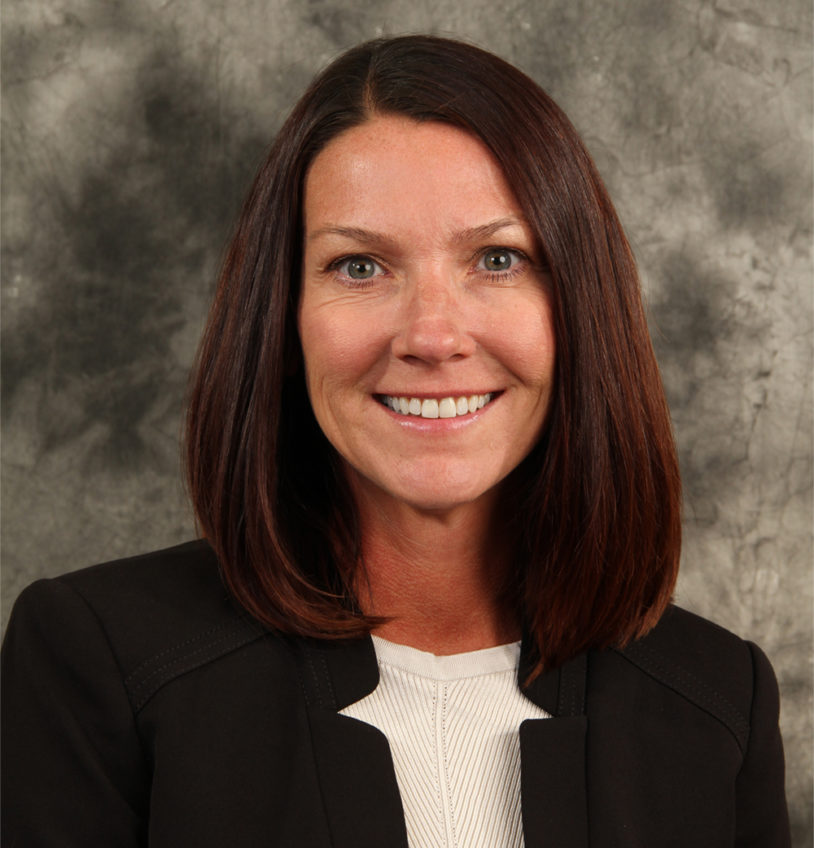
Health disparities and complex social determinants of health (SDoH) have historically compromised patient access to quality care. But policy changes announced recently from the Centers for Medicare & Medicaid Services are expected to mitigate these challenges: finalized guidance for the Medicare Advantage program will expand the supplemental benefits afforded to beneficiaries to include items and services that address certain SDoH, improve access to services, and enhance quality of life. These changes will also impact the collective abilities of the skilled nursing community to coordinate care for patients upon discharge.
CMS recognizes the value of services that diminish the impact of injuries or health-related conditions and reduce avoidable emergency and health care utilization. Specifically, the services must diagnose, prevent, or treat an illness or injury, compensate for physical impairments, act to ameliorate the functional/psychosocial impact of injuries or health conditions, or reduce avoidable emergency and healthcare utilization.
Accordingly, the service must be medically appropriate, recommended by a licensed provider as part of a plan of care, and cannot include items or services that are solely to induce enrollment. This includes coverage of non-skilled in-home supports, portable wheel chair ramps and other assistive devices and modifications when patients need them.
These policies have direct relevance for provision of palliative care and social services for beneficiaries in MA plans at a time when a growing number of skilled nursing facility providers are engaging with case managers to support care transitions, home-based care and overall care quality for each patient.
While some MA plans already pay for home-based palliative care, when the new CMS legislation is enacted in 2019, all MA plans will be allowed to pay for services matched to the needs of these beneficiaries. This includes food, transportation, personal care aides, and home-based palliative care.
Deep Dive into SDOH
SDoH include a combination of genetic, environmental, economic, political, and social factors, as well as access to health care. Evidence shows that stress negatively affects health across the lifespan and that environmental influences may have multi-generational impacts.
Addressing SDoH is essential to reducing health disparities that are often rooted in social and economic disadvantages. In fact, non-medical determinants of health are believed to account for up to 60% of health outcomes.
SNF team members can play a role in supporting patients faced with social challenges by asking about their social history, providing them with advice, referring them to local support services, facilitating access to these services and acting as a reliable resource throughout the care process.
Need for Patient Support
In a study involving a survey of patient perceptions on care integration between mainstream health care services and community-based services that address the social determinants, more than 40% of patients reported that their family doctor was unaware of their social challenges.
The fact is all patients may struggle with social challenges and require support in various spheres at different stages in their lives, particularly with such challenges as discrimination, loneliness and social isolation or exposure to violence, which can occur regardless of socioeconomic status.
Studies also show a need for the development of focused interventions to address social complexity in primary care. Determinants may include economic instability, poor social support, substandard housing, hunger, lack of transportation, and limited access to quality care, all of which impact a wide range of health, functioning and quality-of-life outcomes. Research suggests that health behaviors, such as smoking, diet and exercise, are the most important determinants of premature death.
Identifying Solutions
To address these issues, healthcare professionals, including skilled nursing professionals, should recognize the important role these factors play in individual and community health. Doing so will lead to initiatives and public policies that reach the largest number of people while targeting the day-to-day needs of individuals in their communities.
Efforts to address SDOH involve multi-payer federal and state programs, including those sponsored by Medicaid or led by states or health plans, as well as provider-level activities focused on identifying and addressing the non-medical, social needs of patients.
A key component of the solution involves community-based palliative care, specialized care for patients with a serious or advanced illness. It provides relief from symptoms and stress, and offers medication management, care coordination and other home-based support to improve quality of life for both the patient and the family.
A Look at Community-Based Palliative Care
Select CBPC care programs deploy programs that: 1) put services in place to meet the needs of patients and their families, specifically those that address SDoH, 2) identify outcome measures aligned with the goals and priorities of their payer partners.
In addition to nurses, social workers and other palliative clinicians, the CBPC team includes case managers. These professionals can be a valuable resource to the skilled nursing facility during the discharge planning process, helping to coordinate community-based services to successfully support the patient and family when returning to the community.
When evaluating a referral to a program, look for a palliative care solution with a skilled team of experts who take a structured, consistent approach to CBPC, including:
- Using claims data and predictive analytics / AI to identify members earlier in their disease progression who are likely going to be overmedicalized during the last 6-12 months of life
- Capabilities to convene, train and manage local and national networks of palliative care trained nurses and social workers to engage effectively with identified members.
- Standardizes, monitors and reports on palliative engagement as part of the medical home — a coordinated and family-centric model of care – delivered in in the home setting. When implemented with a structured and systematized approach, CBPC functions as a palliative medical home.
Ultimately, bringing a greater focus on health within non-medical sectors and addressing health-related social service needs through the healthcare system are expected to improve the health of millions of people throughout the country. Addressing these needs will go far to improve access to palliative and hospice care and improve the end-of-life experience for all.
Cyndi Seiwert is the Chief Operating Officer at Turn-Key Health .



